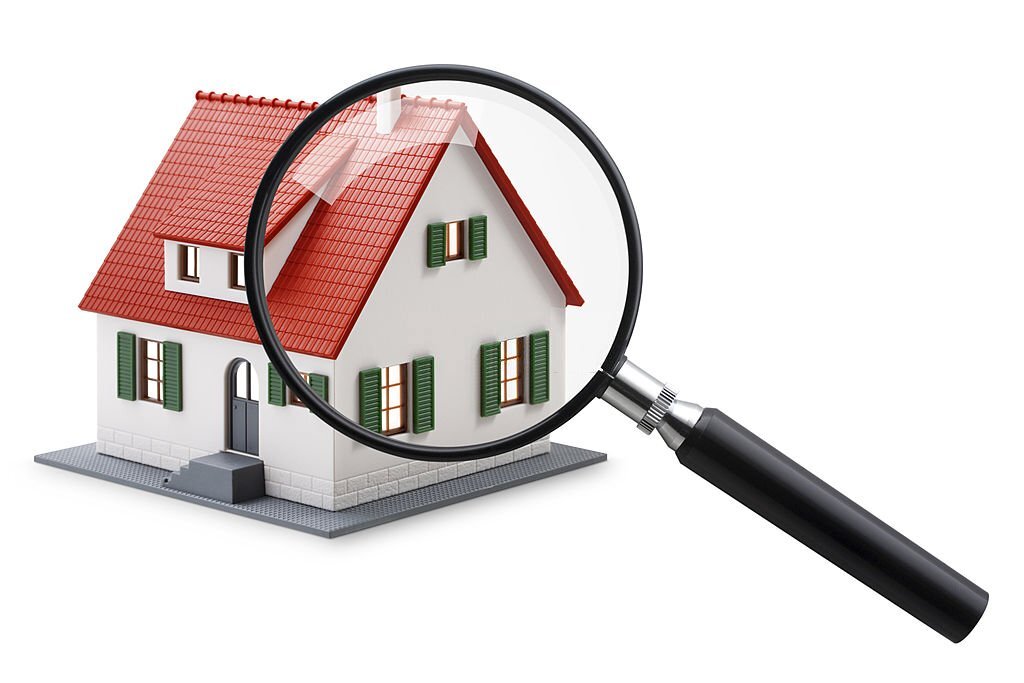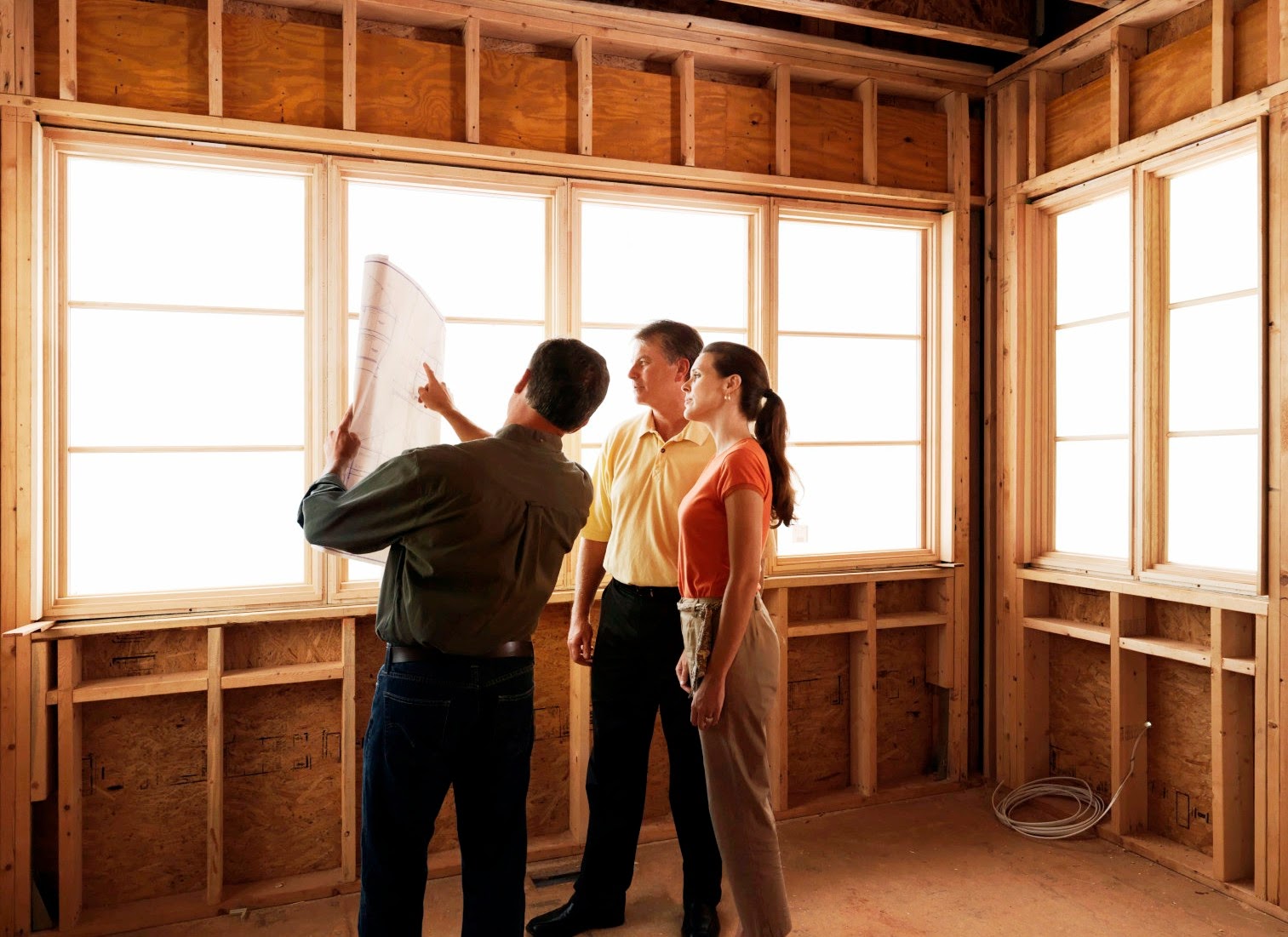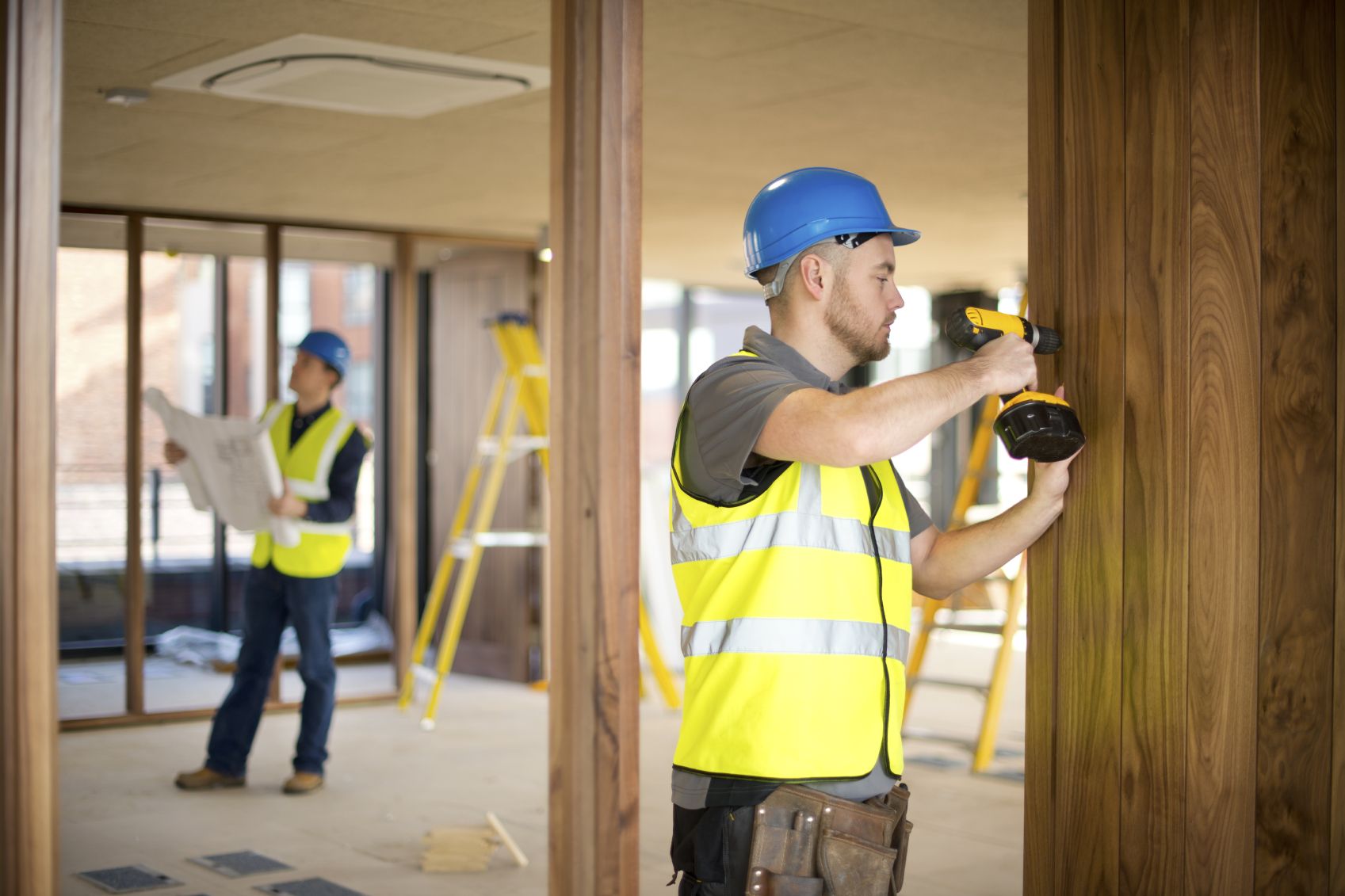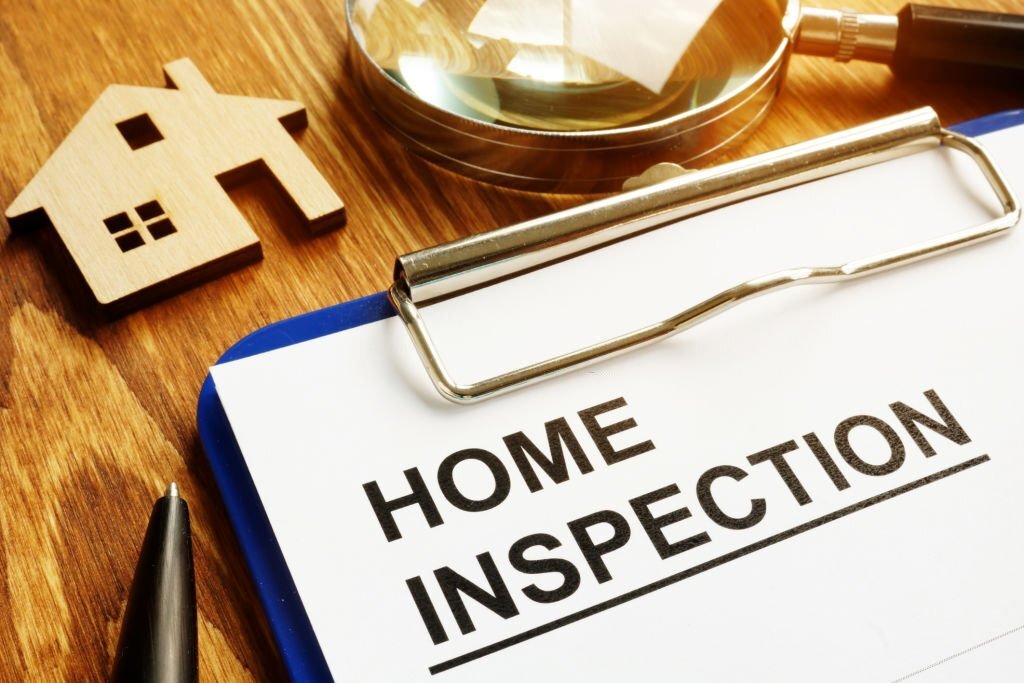Common Structural Issues to Look for During a Commercial Property Inspection in Houston

Introduction
When considering purchasing or leasing commercial property in Houston, a thorough inspection by a qualified professional is essential. An inspection helps identify any structural defects or issues that may impact the safety, function, and costs associated with the property. Here are some of the most common structural issues to look for during a commercial property inspection in Houston.
Foundation and Slabs
As Houston is located in an area with expansive clay soils, foundation and slab issues are common in commercial buildings. Signs of foundation problems include cracks in walls, floors, ceilings, foundations, masonry, doors, and windows that stick or won’t open properly, and exterior cracks wider than 1/4 inch. Foundation repairs like piers, leveling, and underpinning can be costly, so the inspector should evaluate the condition and recommend the next steps.
The building’s slab should be inspected for cracks and deterioration, which allow moisture penetration. Damaged areas should be repaired to prevent further erosion. The inspector should also check underground utility trenches beneath slabs for proper drainage and fill compaction. Improper trenching can settle and crack slabs.
Roofing
Roof issues are another common problem in Houston commercial buildings. The inspector should evaluate the age, material, weathering, and condition of the roof, looking for cracking, curling, holes, pooling water, and damaged flashings. Leaking roofs can lead to interior damage and mold growth if not promptly addressed. If the roof is nearing the end of its lifespan, the report should indicate replacement or repair costs.
Exterior Cladding
Commercial building exteriors take a beating from sun, wind, and rain. The inspector should look for issues with exterior finishes like cracking, peeling paint, decaying wood, loose or missing materials, and water infiltration. Poorly maintained exteriors deteriorate more rapidly and leave interiors vulnerable to moisture intrusion and resultant mold growth. The report should detail any needed repairs like sealing cracks, replacing damaged siding, and painting.
Windows and Doors
Windows and doors commonly experience weathering, wear, and damage in commercial buildings. The inspector should check for broken seals causing fogging, cracks, stuck or broken hardware, missing caulking, worn weatherstripping, and evidence of past or ongoing moisture infiltration. Doors and windows may need extensive overhaul or replacement if severely damaged. Even minor deficiencies should be noted and repaired to prevent operational issues or leaks.
Structural Integrity
The inspector must evaluate the soundness of the entire building structure, including walls, columns, beams, joists, trusses, and flooring. They’ll check for evidence of bowing, buckling, sagging, cracked or compromised structural components, deterioration, and anything else that suggests structural instability or diminished load-bearing capacity. This may necessitate engineer evaluation and structural reinforcement, which can be quite costly.
Interior Finishes
Interior finishes take wear and tear from building use and occupants. The inspector should look for stains or damage indicating roof or plumbing leaks, holes or detachment in drywall, ceiling or floor tiles, cracks in plaster walls, damaged door frames, worn carpet, and flooring, water damage around sinks, and other deficiencies needing repair. Catching these early prevents further deterioration and facilitates maintenance planning.
Electrical Systems
The inspector examines the building’s electrical systems to identify any issues that present fire or electrocution hazards, identify code violations, or impede full functioning. They will look for exposed/damaged wiring, outdated panels and connections, insufficient circuits and capacity for the building’s needs, missing outlet/switch covers, improper wiring, and other issues. Recommended repairs should be made ASAP.
HVAC Systems
Heating, ventilation, and air conditioning systems require inspection to gauge efficiency and identify potential failures. Inspectors will examine the age, capacity, and condition of HVAC components like furnaces, heat pumps, boilers, chillers, ductwork, grilles, fans, air handlers, accessories, and controls. Outdated or insufficient systems may need upgrades.
Plumbing Systems
Commercial plumbing systems endure heavy use. Inspectors check water supply/drainage pipes, taps, valves, fixtures like sinks and toilets, water heaters, and pipe insulation. Leaks, corrosion, clogs, nonfunctional fixtures, and insufficient water flow/pressure will be flagged” will be changed to “Flagging will be done for leaks, corrosion, clogs, nonfunctional fixtures, and insufficient water flow/pressure.
Conclusion
A thorough commercial property inspection in Houston is crucial to understand the building’s structural and operational integrity. While this list covers the main areas inspectors evaluate, every building is unique and may reveal other issues. Inspection reports provide the information needed to make an informed leasing or purchasing decision for the property. Addressing deficiencies early on maximizes building function and longevity while minimizing future headaches and costs. Read More



